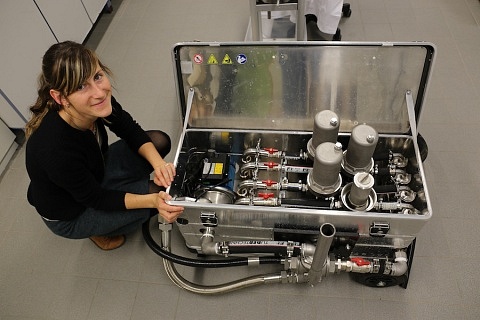Today, the three Baltic countries Estonia, Latvia and Lithuania, have jointly agreed to develop an experimental 5G cross-border corridor that will allow the testing of autonomous vehicles on European motorways. The ‘Via Baltica – North’ agreement will extend the pan-European network of 5G corridors, which was initiated by the European Commission during the Digital Day 2017 involving 29 EU and EEAS countries. By creating hundreds of kilometres long corridors for large-scale testing and early deployment of 5G infrastructure the Commission wants Europeans to benefit from connected and automated driving and mobility in a secure and safe environment. The large-scale testing will take place in European cities and along major transport paths. Yesterday, the Commission also launched the European 5G Observatory, which will update it on the latest market developments, including actions being undertaken by the private and public sectors, in the field of 5G. The Observatory focuses on 5G developments in Europe, along with major international developments (USA, Japan, China, South Korea) that could impact the European market. The 5G Action Plan adopted by the European Commission in September 2016 sets as a target of starting 5G roll-out in 2020. The Observatory will enable the Commission to assess the progress of the Action Plan and take steps to fully implement it. The Commission is supporting the development of 5G in the context of the 5G Public-Private Partnership as part of the research programme Horizon 2020 with €700 million.
In March 2017 in Rome, 29 European countries, members of both the EU and the European Economic Area, signed a Letter of Intent to intensify cooperation on testing of automated road transport in cross border test sites. https://ec.europa.eu/digital-single-market/en/news/eu-and-eea-member-states-sign-cross-border-experiments-cooperative-connected-and-automated
In September 2017, EU countries and industry agreed to establish cross-border corridors during the round table on Connected and Automated Driving (CAD) in Frankfurt. A number of EU countries have gone on to sign or announce bilateral agreements for more corridors for testing driverless vehicles. These corridors will include border crossings and key sections of main roads.
In addition to agreements between Spain and Portugal, and Bulgaria, Greece and Serbia, on 5 September 2018 Poland and Lithuania signed a letter of intent to cooperate on technical, legal and policy of the cross-border CAM corridor ‘via Baltica – South’ (linking Warsaw, Kaunas, and Vilnius).

 Deutsch
Deutsch




Leave a Reply